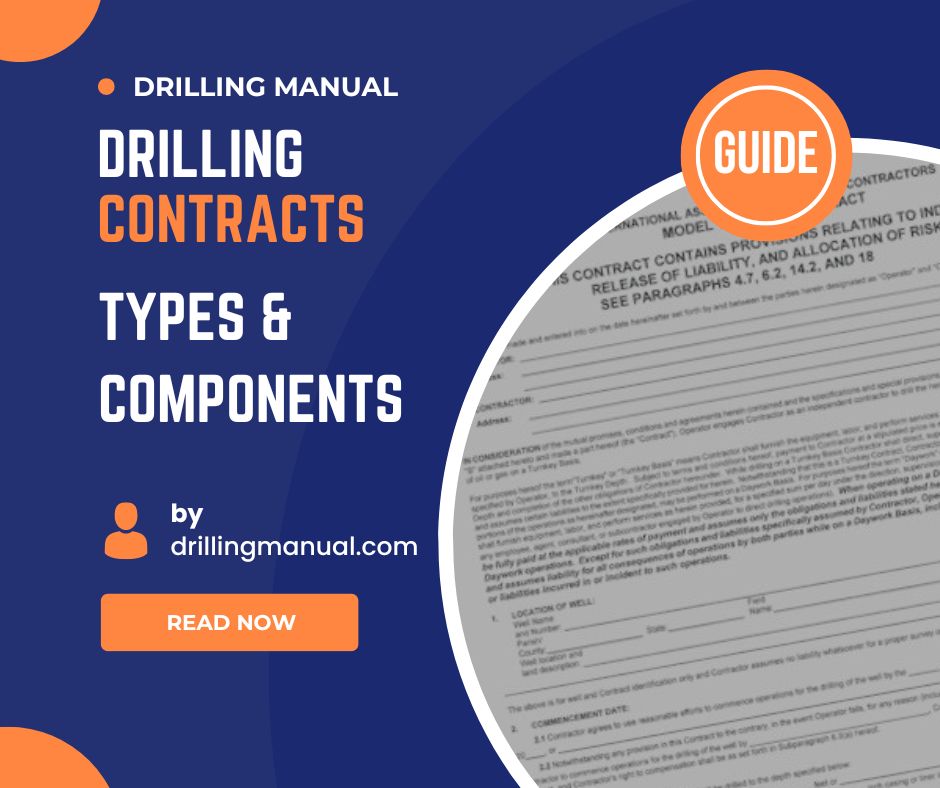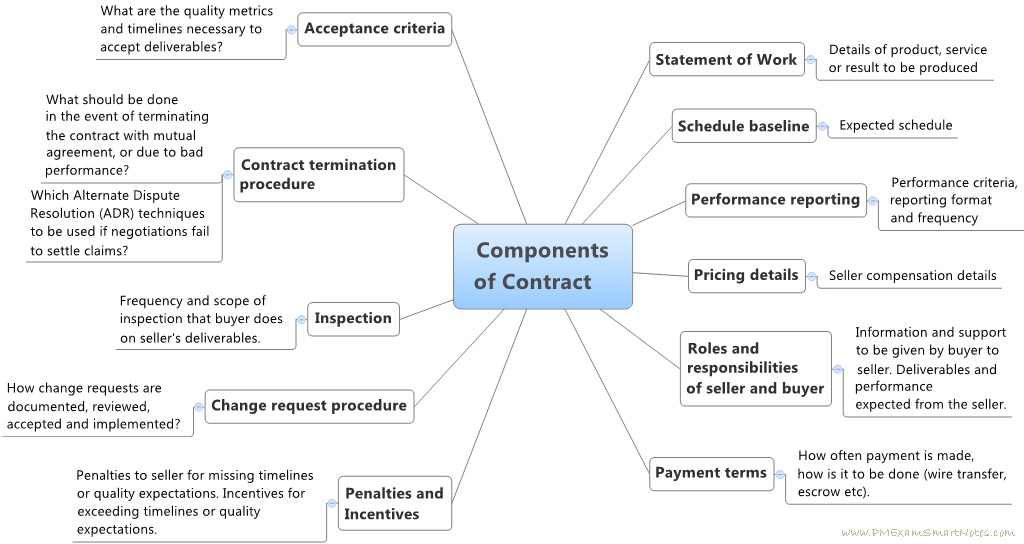
It is intriguing to acknowledge that the oil and gas companies that render you with petroleum products don’t drill the operating fields themselves. Instead, these companies agree with the drilling contractors specializing in drilling operations. The drilling contractors provide the equipment, expertise, and rig crew to perform well drilling at the oilfield site.
So, to get drilling services, the oil and gas operators improvise goodwill with the contractors through contract interpretations. These agreements comprise all the details regarding the drilling operation. Let’s get into this.
What is a Drilling Contract?

A drilling contract is an agreement about well drilling operations between the contractor and the oilfield owner. This binding contract optimizes the rights and significant responsibilities of both parties. Moreover, the prudent decisions about the rig selection, the drilling personnel, technical tools, inventory, risk management, safety, and many more.
Moreover, the duration of these agreements depends on the company’s requirements. However, most oilfield onshore and offshore drilling companies tend to knot long-term contracts for their multiple well drilling projects.
Importance of a Drilling Contract
In the oil and gas industry, contract drafting plays a significant role in managing operational drilling efficiency. In current scenarios, a drilling contract selects the operator’s objectives and optimizes them with the contractor’s incentives. These business agreements prevent ambiguity and disputes among the crew members and the leadership.
Moreover, this drilling contract is essential because it facilitates risk allocation regarding drilling procedures between the contracting parties. For instance, duties, obligations, equipment, damages, risks, and other essentials are adequately assigned to buffer conflicts.
Essential Components of a Drilling Contract

The charter of the drilling contract contains significant elements to eradicate confusion between the contractors and the operators to execute the procedures efficiently. The documentation of these elements is necessary to provide clarity to the contractors. It is essential from a legal and practical perspective. The key components that comprise a drilling contract’s foundation are the following.
- Description of required equipment, inventory, and capabilities
- The payment terms and provisions related to the liabilities
- The aftermaths in case of damage, pollution risks, injury, and property defacement
- Rig Crew compliment and their performance criteria
- Dealing in case of dispute and agreement breach
- The allocation of resources between both contractors
- Legal Governing law and confidentiality
- The significant policies of both parties.
- Termination clauses and provisions related to expiry
- General warranties provided by both parties
- The documentation about which party will pay costs, services, and necessary machinery
Essential Considerations Before Making a Drilling Contract
Before plunging into the different types of drilling contracts, you must acknowledge the economic factors that touched the operators’ minds. These are the must-follow steps; otherwise, various ambiguities may result in conflicts.
It’s quite significant to consider factors like operational performance, safety hazards (Oil Rig Hazards), market conditions, and others. Moreover, it also determines whether the drilling contractor with which the operator has to sign the agreement is the provider of the equipment or not. Before finalizing the contract, validate that the contractor company provides the tools and equipment per your preference.
For instance, ensure that the drilling rig company provides you with desired mud pump sizes, hoisting systems, drill strings, well control equipment, pressure control tools, and more.
Types of a Drilling Contract
The drilling contract has three main types. These fundamental types are discussed in the following.
- Day Work Contract
- Footage Contract
- Turnkey Contract
Day Work Contract
The day rate contract has been the most commonly used in the energy marketplace. This contract accounts for the stipulated payment for full-day performance in the field.
The rate depends on crew members, rig types, equipment, etc.
According to this contract, the drilling engineer designs the well and plans the necessary drilling equipment. The operating company provides leases on the different types of onshore and offshore rigs and the rig crew members. The specified rate is decided per day and accounts for almost half of everyday spending.
Footage Contract
In this contract, the operator company pays the drilling contractors for well drilling per foot from the surface area to a certain depth. This footage contract is more significant for operators because the risk associated with the drilling, unexpected delays, and other payment liabilities are on the contractor. Also, through this contract, the operator can list any particular term to be executed by the contractor.
Moreover, this footage contract gives the drilling contractors broad control and direct incentives for the drilling operations. This agreement also calls for the senior drilling supervisor to be on-site. The contractors make the decisions like bit selection, various parameters for drilling, etc..
Turnkey Contract
This contract requires the contractor to drill the well up to a certain depth at a fixed cost. In this agreement, the oilfield company needs to provide the action plan and objectives of well drilling, the well location, essential data, and target depth to the drilling contractors. After getting the instructions, the drilling engineers design the well and execute all the drilling activities.
This turnkey agreement draws more risk toward the contractors than any other contract type. Because this contract allows the drilling contractors to have potential control over the drilling decisions. They have full responsibility for almost all drilling activities like cementing, casing, well completion, etc.
Conclusion
In short, a drilling contract is vital for the smooth performance of the drilling operations. A contract between an oilfield company and the drilling contractor has been integrated into the energy marketplace to optimize risk management and operational safety.
These types of business contracts protect the parties from any dispute after execution. Documenting general responsibilities and upfront planning prevents the parties from any ambiguity and disputes later. So, if you want any guidance on the drilling contracts, their types, and essential steps, go through the aforementioned details.